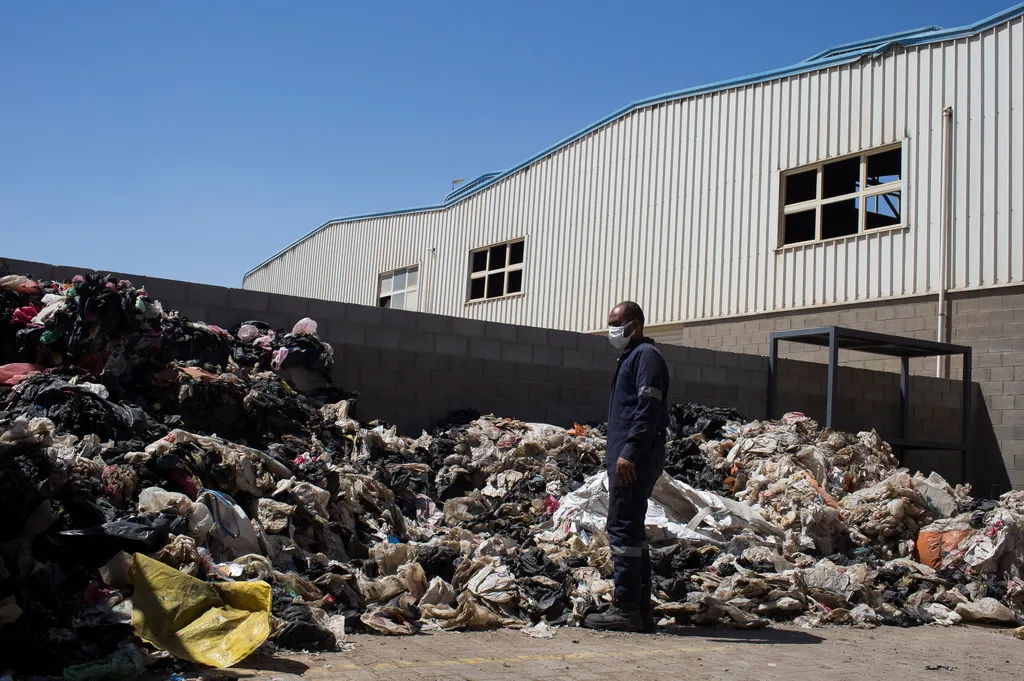In a groundbreaking study published in the Journal of Engineering Sciences (مجلة العلوم الهندسية), researchers from Ain Shams University in Egypt have explored an innovative approach to recycling plastic waste, potentially offering a sustainable solution to the construction industry’s growing demand for natural aggregates. The research, led by H. EL-Nesr from the Structural Engineering Department, investigates the use of polyethylene terephthalate (PET) granules as a partial replacement for sand in mortar applications.
The study comes at a critical time as the construction industry faces an impending shortage of natural aggregates. With the increasing global focus on sustainability and circular economy, finding alternative materials that can reduce waste and lower environmental impact is more important than ever. “The idea is to turn a waste material into a valuable resource,” explains EL-Nesr. “By recycling PET waste into granules that can be used in construction, we can address two significant challenges: plastic waste management and the depletion of natural aggregates.”
The research team conducted experiments using cubic and cylindrical specimens to test the mechanical and physical properties of mortar with varying percentages of PET granules replacing natural sand. The results showed that as the substitution percentage increased, the density and compressive strength of the mortar decreased at 28 days. However, the water absorption capacity and water penetration depth were also affected, indicating that the optimal substitution percentage is 7.5%.
The findings of this study have significant implications for the construction industry, particularly in the energy sector where sustainable and efficient building materials are in high demand. “This research opens up new possibilities for the use of recycled materials in construction,” says EL-Nesr. “It’s not just about reducing waste; it’s about creating a more sustainable and resilient built environment.”
The commercial impact of this research could be substantial. As the construction industry seeks to reduce its carbon footprint and adopt more sustainable practices, the use of recycled PET granules in mortar could become a standard practice. This would not only help to address the growing shortage of natural aggregates but also provide a valuable outlet for plastic waste, reducing the environmental impact of both industries.
Moreover, the study highlights the importance of ongoing research and innovation in the field of sustainable construction materials. As the world grapples with the challenges of climate change and resource depletion, finding creative and effective solutions will be crucial. “This is just the beginning,” notes EL-Nesr. “There is still much to explore in terms of optimizing the use of recycled materials in construction, but the potential is enormous.”
The research published in the Journal of Engineering Sciences (مجلة العلوم الهندسية) serves as a testament to the power of interdisciplinary collaboration and the potential of innovative thinking to drive progress in the construction industry. As the world looks towards a more sustainable future, studies like this one will play a vital role in shaping the developments that will define the next generation of building materials and practices.

